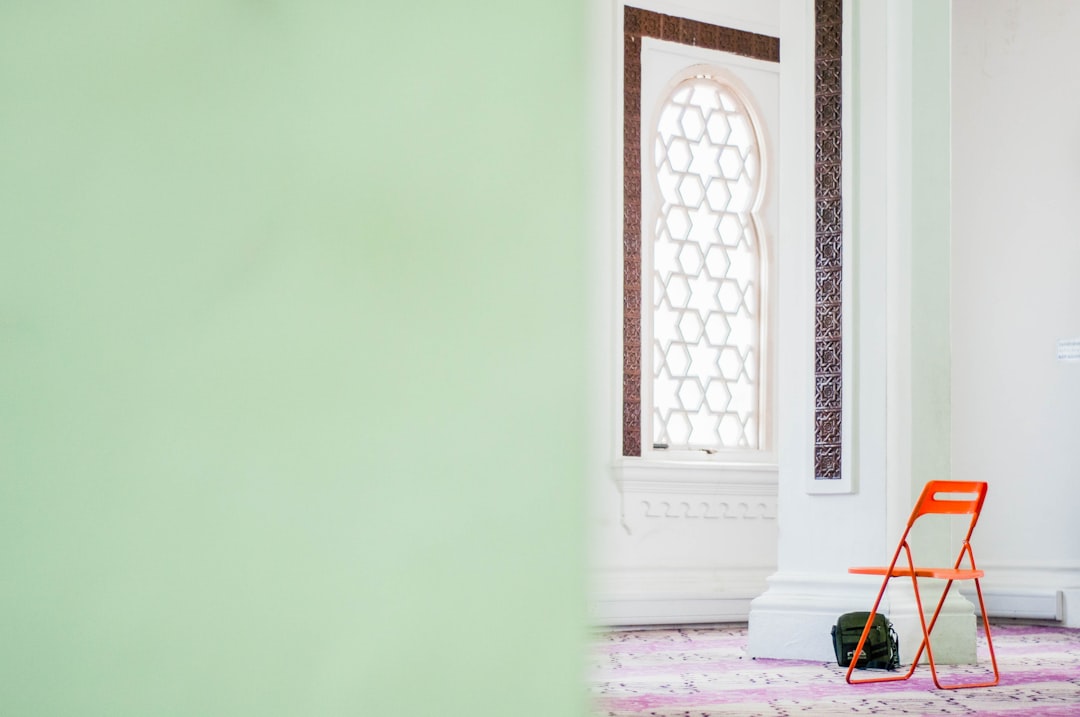Rituals and ceremonies play a significant role in religious practice across cultures and traditions. They serve as powerful tools for connecting individuals to their faith, creating a sense of community, and providing a structured way to express devotion and worship. From simple daily prayers to elaborate annual ceremonies, rituals are a fundamental part of religious life.
One of the key functions of rituals in religious practice is to establish a sense of continuity with the past. Many rituals have been passed down through generations, connecting believers to their ancestors and their historical roots. This continuity helps to create a sense of identity and belonging within the religious community, reinforcing a shared sense of tradition and heritage.
Rituals also serve as a way to mark important milestones and transitions in life. Birth, marriage, and death are all significant events that are often marked by religious ceremonies. These rituals provide structure and meaning to these important moments, helping individuals to make sense of their experiences and find comfort and support within their faith community.
In addition, rituals and ceremonies serve as a way to express devotion and reverence towards the divine. Through acts of worship such as prayer, meditation, and offering sacrifices, believers are able to deepen their spiritual connection and experience a sense of closeness to the sacred. These rituals help to foster a sense of awe and wonder, reminding individuals of the transcendent nature of the divine and their own place within the cosmic order.
Furthermore, rituals and ceremonies provide a sense of structure and order to religious practice. They help to create a sense of rhythm and routine within the spiritual life of believers, providing a framework for daily worship and devotion. This structure helps to keep individuals grounded in their faith, providing a sense of stability and consistency in an ever-changing world.
At the same time, rituals and ceremonies can also be a source of comfort and healing for believers in times of crisis and hardship. Through acts of prayer, meditation, and communal worship, individuals are able to find solace and strength in the face of adversity. These rituals can provide a sense of hope and renewal, helping individuals to navigate through difficult times and find meaning and purpose in their suffering.
In conclusion, rituals and ceremonies play a vital role in religious practice, serving as a way to connect individuals to their faith, create a sense of community, express devotion and worship, mark important milestones, provide structure and order, and offer comfort and healing. Through these powerful practices, believers are able to deepen their spiritual connection and experience a sense of belonging within their religious tradition.

